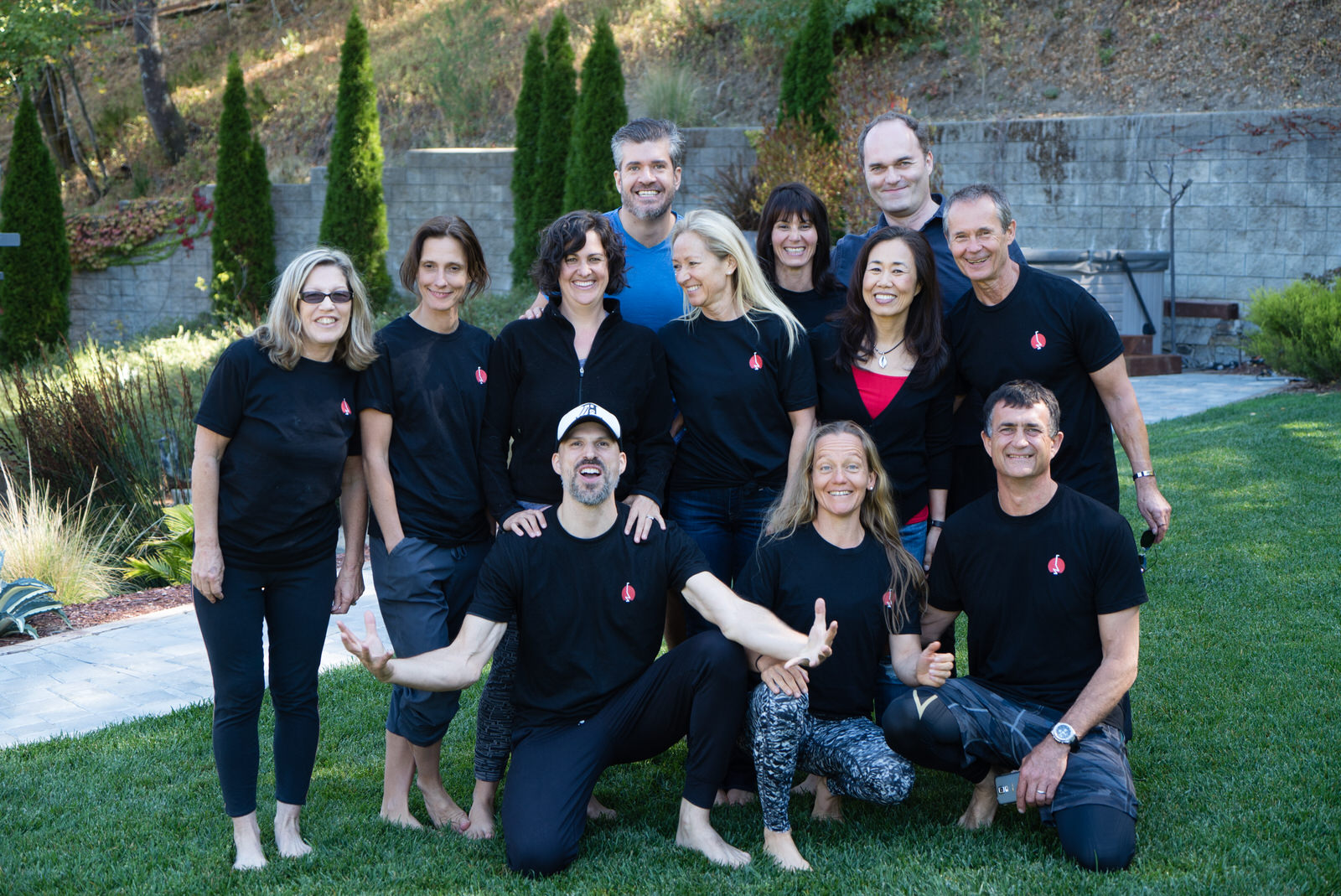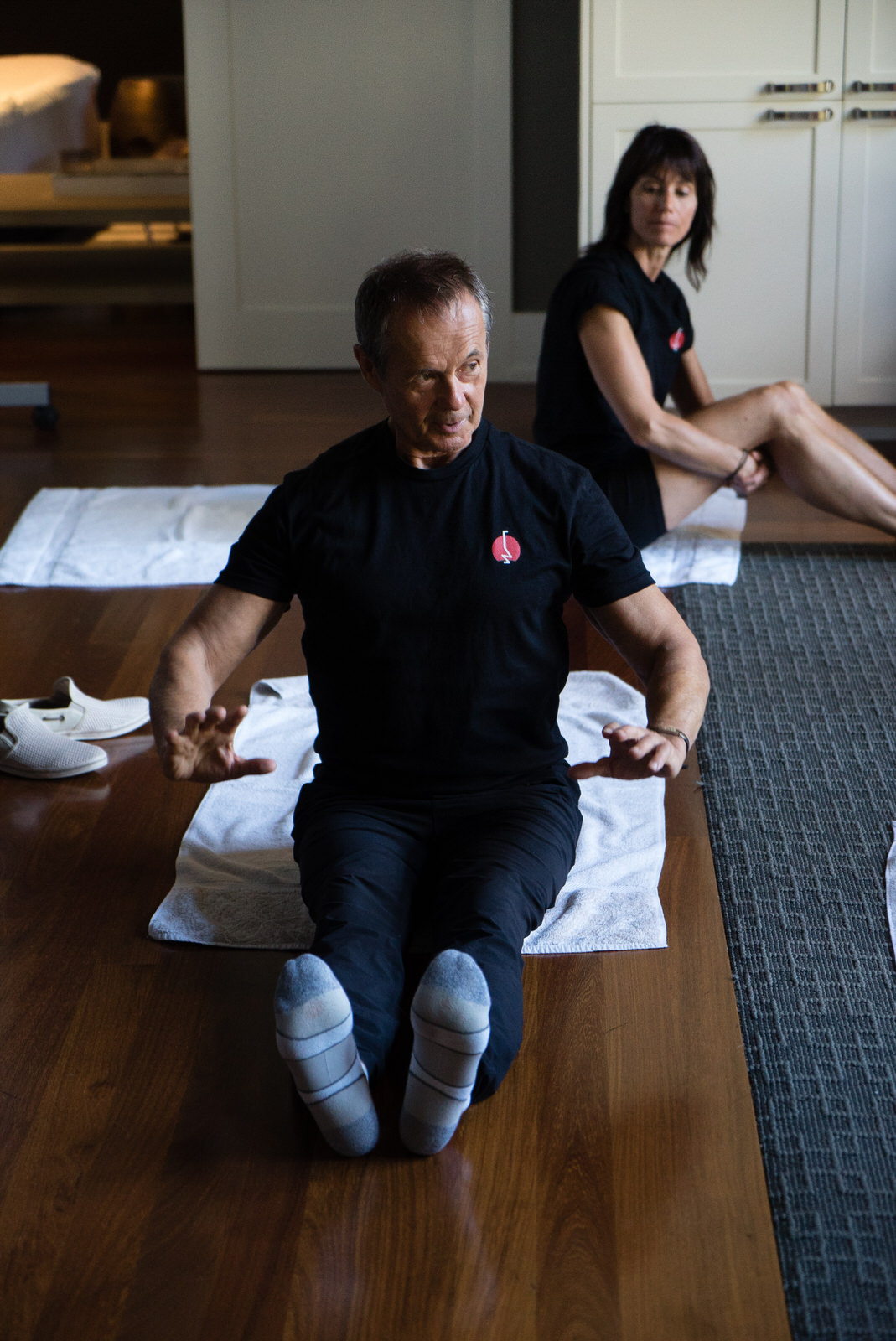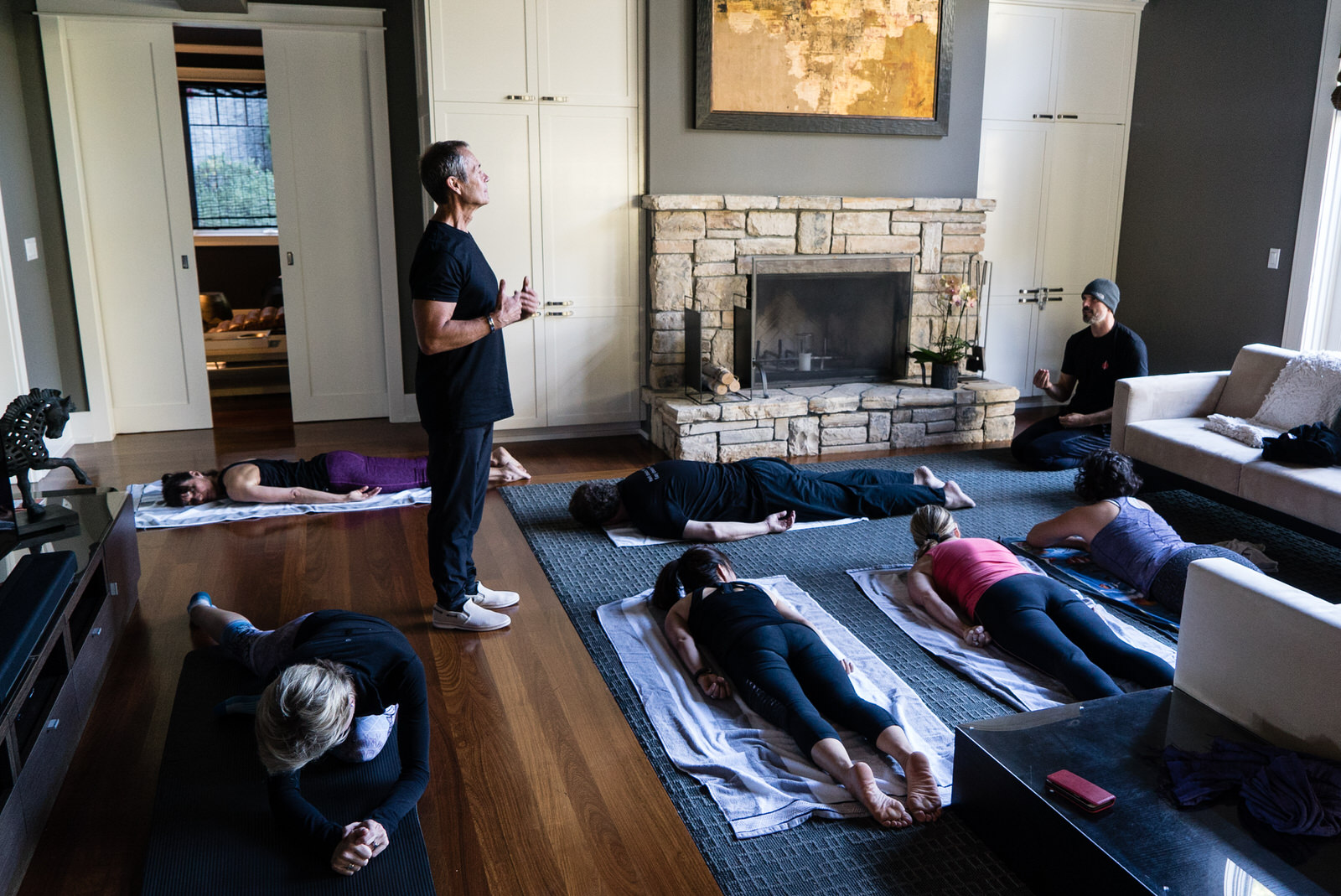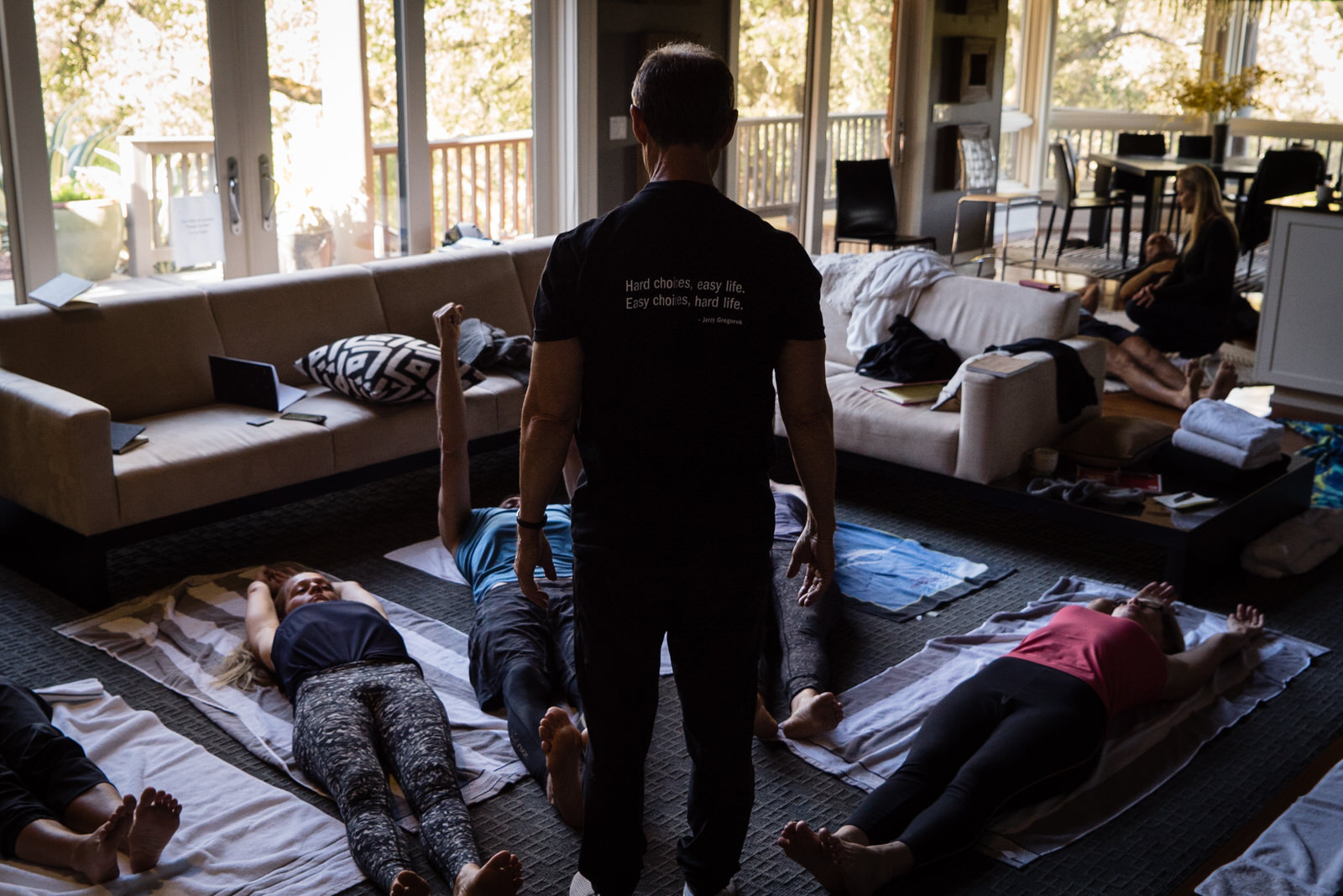Happy Body Mentor Course
Has The Happy Body Program played an important role in your life, helping you achieve important goals and an improved lifestyle? Would you like to help others change their lives with the same kind of positive results?
Then maybe you would like to consider becoming a Happy Body Mentor. For many, this can be an ideal opportunity to do good for others while continuing to do good for oneself.
These online coaching groups are designed for experienced fitness and health workers or THB practitioners to gain a deeper understanding of The Happy Body Program™. After completing the 24-week course, participants will be eligible to take the certification exam to become a Happy Body Mentor™.

What does it involve?
- Meet weekly for 24 weeks with Jerzy Gregorek, co-founder of The Happy Body Program
- Participate in online group meetings from anywhere in the world
- Groups include no more than 5 members for personalized interaction
- Includes optional certification exam for participants to work as Happy Body Mentors
- Participate in 2 two-day residential retreats
- Cost is $9000 for the full 24-week session, including retreats (excluding travel expense). Multiple payment options available.
No background instructional experience (in physical fitness, sports coaching, yoga, etc.) necessary.
What are the benefits?
Certified The Happy Body mentors can choose to become part of The Happy Body network, working as paid mentors as the program expands. Those who don’t necessarily want to actively mentor others can still deepen their knowledge of The Happy Body and experience working directly with Jerzy Gregorek.

Sign up below to be notified
Enter your name and email below to receive a notification about when our next Mentor class will begin.
(No spam, our policy.)
The Happy Body exercises, combined with relaxation techniques, are designed not only to naturally balance and build joints but also to correct movement flaws that, over time, have already resulted in joint damage. All this, coupled with nutritional wisdom, leads to performance that most people think was lost with their youth. – Stuart McGill, Ph.D., University of Waterloo, Canada




